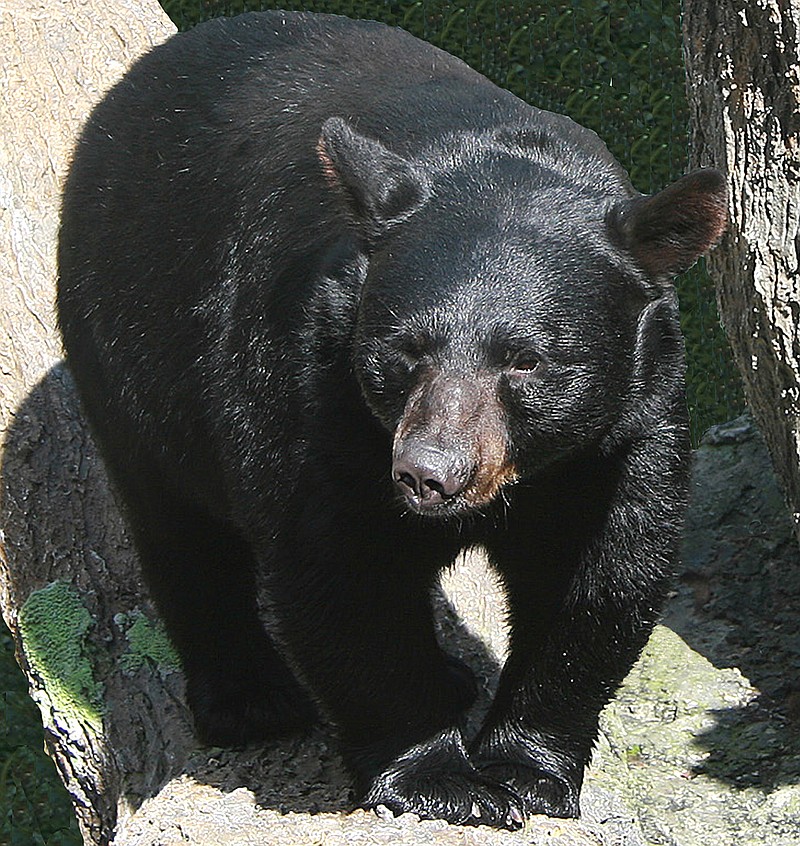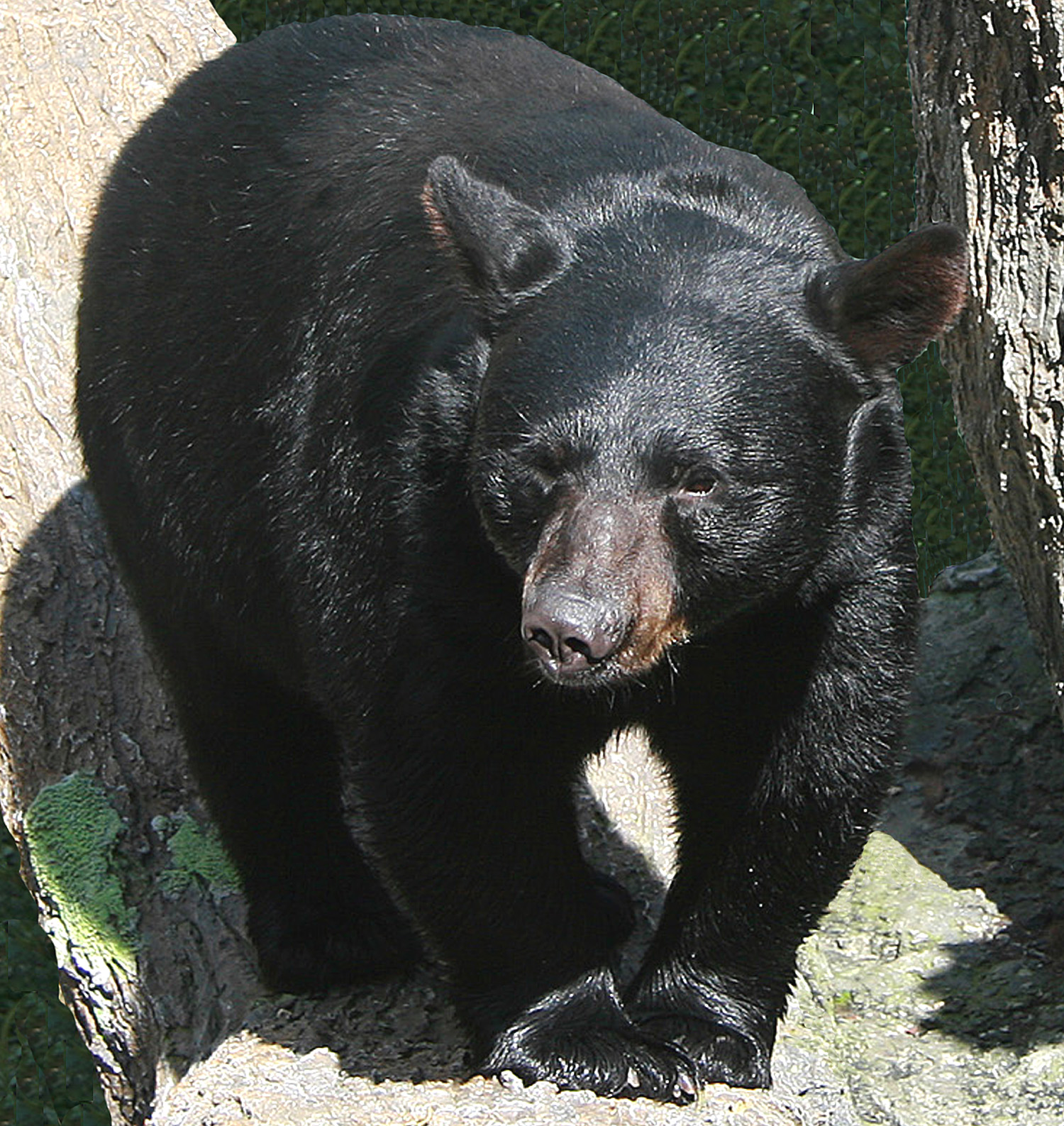A fed bear is a dead bear. Humans should never feed bears.
As summer approaches, activities such as hiking, camping and cookouts can bring people in close contact with black bears, and state officials want people to be aware of the dangers.
The Tennessee Wildlife Resources Agency receives more calls about black bears in the spring than any other time. It's the time of year when bears are hungry and on the move.
Wildlife officials say young bears are seeking new territory and are often unfamiliar with terrain and human inhabitants.
"Young, second-year cubs are leaving their mothers. Females won't go far to establish their territories," TWRA spokeswoman Mime Barnes said. "Sometimes their territories even overlap with their mother's."
Young male bears, however, go farther afield, leading to a higher likelihood of encounters with humans.
"We've not had any incidents," Barnes said Friday. "We've had sightings, but sightings are normal this time of year."
Obviously, a hike in the Cherokee National Forest or the Great Smoky Mountains National Park can lead to bear encounters, but so can ordinary outdoor activities for folks who live near bear habitats.
Gardening, hiking, camping and grilling increase the potential for more bear-human interactions.
Resources agency officials said many people are unsure of how to live in an area where bears are present, and they can unknowingly attract and provide for wild animals that live nearby. Attractants include bird feeders, trash, bird baths and pet food bowls with leftover food, officials said.
Don't feed bears no matter where they are encountered, because bears accustomed to food provided by humans are easily conditioned and pose a greater threat, officials said. The smell of grease on a grill, ripe vegetables in a garden, trash and bird feeders provide effortless meals for bears, and once a bear gets this easy meal, it doesn't forget.
Nuisance bears are serious problems.
"There is a lot taken into consideration before a bear is moved," Pickett County wildlife officer Craig Norris said in a resources agency statement. Officials evaluate several things, including females with cubs, the number of times a bear has caused an issue, the level of aggressiveness, the location and the nuisance concern itself. Problems are most often linked to humans, Norris said. Bears will travel impressive distances to return to an area where they easily found food.
"Euthanization isn't our goal, and it's disconcerting when we reach this level," TWRA biologist Ben Layton said. "Our goal is helping people understand that human behavior most often causes nuisance bear issues.
"People think they're protecting something or helping it when they purposefully put out table scraps or leave feeders in their yards. However, they're encouraging a dangerous situation, and in the end it causes harm to wildlife," Layton said.
Barnes said the rule is simple.
"A fed bear is a dead bear," she said of an adage repeated by state officials every season. "Humans should never feed bears."
Contact staff writer Ben Benton at bbenton@timesfreepress.com or 423-757-6569.
Don’t be bear food
Here are some tips for avoiding problems with bears when enjoying the outdoors or for homeowners in rural areas:› Look large and make a lot of noise, back slowly away should you encounter a bear.› Never run from a bear.› Do not purposefully feed bears.› Store garbage in bear-proof containers or in a manner that is inaccessible to bears.› Do not feed birds between April and January when bears are most active.› Remove uneaten pet food from outside areas or feed pets indoors.› Do not add greasy foods to your compost piles or compost in bear-proof containers.› Keep cooking grills clean and stored indoors when not in use.› Report problem bears or any odd behavior to your regional TWRA office.› Visit Bebearaware.org, a national site dedicated to reducing human-bear conflicts.Source: Tennessee Wildlife Resources Agency

